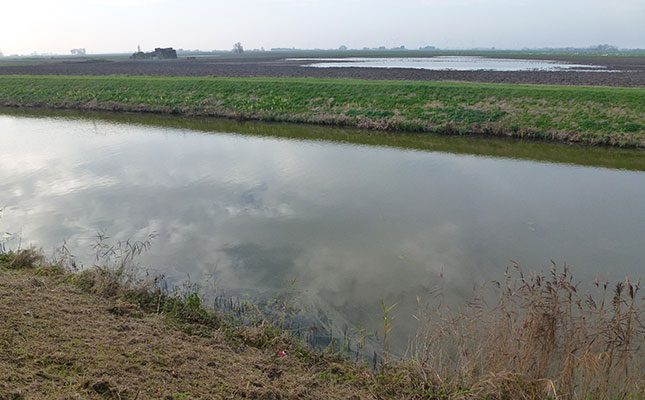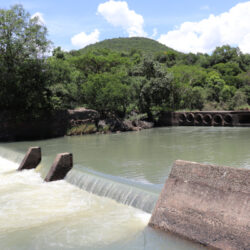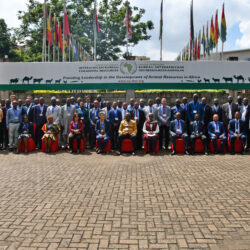The recent Intergovernmental Panel on Climate Change (IPCC) report painted a stark picture of Africa’s future, highlighting the continent’s increasing vulnerability to extreme weather events. From devastating droughts to catastrophic floods, climate change is wreaking havoc, threatening food security, displacing populations, and straining already fragile economies.
Djibouti, a nation grappling with severe water scarcity and erratic rainfall, epitomizes Africa’s vulnerability. Situated in the Horn of Africa, the country faces a double-edged sword: prolonged droughts and the devastating impacts of intense, unpredictable rainfall leading to flash floods and mudslides.
Recognizing the urgent need for climate resilience, Djibouti has taken a bold step forward by becoming the first African country to secure a multi-year, multi-peril disaster insurance agreement. This landmark deal, a collaboration between the Djibouti Government, the African Risk Capacity Group (ARC), Descartes Insurance, and the World Bank, provides crucial financial protection against both drought and excess precipitation.
This innovative approach, facilitated by the World Bank’s DRIVE (De-Risking, Inclusion, and Value Enhancement of Pastoral Economies) Project, marks a significant departure from traditional disaster relief efforts. By providing immediate financial support following a climate-related disaster, the insurance policy allows the government to swiftly respond to emergencies, mitigating the impact on vulnerable communities.
“This agreement is a testament to the power of partnership and innovation in addressing the challenges posed by climate change,” said [insert relevant quote from a Djibouti government official or ARC representative]. “It provides a crucial financial safety net for our nation, enabling us to respond effectively to climate shocks and protect the livelihoods of our people.”
The insurance policy, underwritten by the World Bank and the Global Risk Financing Facility, sets a precedent for other African nations. By demonstrating the effectiveness of disaster risk financing in mitigating the impacts of climate change, Djibouti has paved the way for a more resilient future for the continent.
A Unique Approach to Risk Management:
The Djibouti agreement is a testament to ARC’s innovative approach to risk management. The company, a hybrid mutual insurer and financial affiliate of the ARC Group, has developed two unique risk products specifically tailored to Djibouti’s needs, setting a new standard for disaster risk financing in Africa.
“This is a ground-breaking achievement,” said [insert relevant quote from an ARC representative]. “We are proud to have worked closely with the Djibouti government to develop these innovative insurance products. This collaboration demonstrates the power of partnership and the importance of tailored solutions to address the unique challenges faced by each country.”
Addressing the Impact of Excess Precipitation:
The agreement’s focus on excess precipitation is particularly significant. Djibouti City, home to 60% of the population, is highly vulnerable to flash floods and mudslides due to its topography and coastal location. The insurance coverage will provide critical financial support to the government to mitigate the impact of these events on urban areas.
A Beacon of Hope for Africa:
The Djibouti agreement serves as a beacon of hope for other African nations grappling with the impacts of climate change. By demonstrating the effectiveness of disaster risk financing, this landmark initiative encourages other countries to explore innovative solutions to build resilience and protect their most vulnerable citizens.
As the world grapples with the escalating climate crisis, the Djibouti agreement offers a valuable lesson in the power of collaboration, innovation, and proactive risk management. By investing in climate resilience, African nations can build a more secure and sustainable future for their people.




